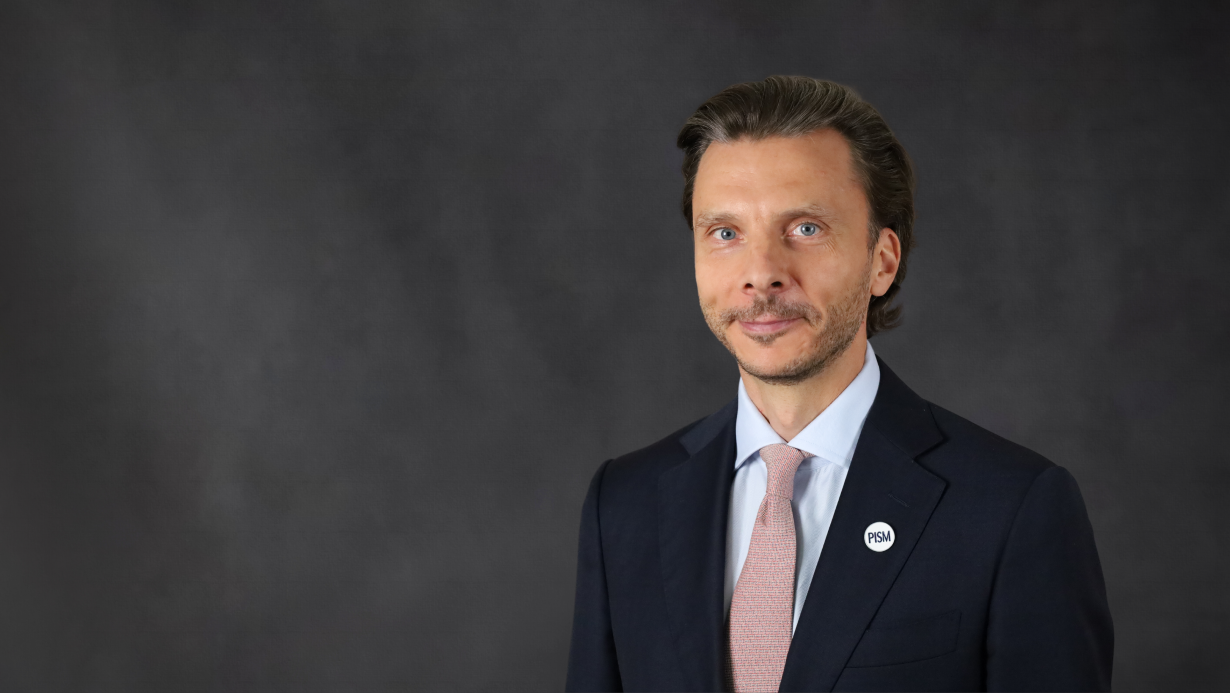Macron’s Back: The French President’s Manifesto Ahead of European Elections

What is the content and purpose of the letter?
Macron’s letter reads as a manifesto ahead of the upcoming European elections. It reiterates and develops the ideas the French president has put forward over the last 18 months. The plan to combat climate change is supplemented by a plea to decarbonise the EU by 2050 and for common defence policy to be boosted by the conclusion of a new treaty. New elements include a proposal to set up a European agency for the protection of democracy and convene a conference tasked with discussing vital EU changes. Macron wants to show that he has overcome the internal crisis that has plagued him in recent months. Moreover, his confrontation of the “yellow vest” protestors has not dented his aspirations to be the initiator of progress on European integration.
What is the proposed role of the European agency for the protection of democracy?
The agency is to support Member States in the fight against cyberattack and attempts by foreign countries and organisations to influence electoral processes. For example, the actions of Russia’s secret services aimed at radicalising the “yellow vest” protests in France can be seen as the chief motivation for the proposal. Macron also wants to ban financing of European political parties by foreign entities. Cooperation in this realm will probably be welcomed by the Member States, especially those with limited resources for cyberdefence. A proposal to create EU rules to eliminate hate speech on the internet may prove more controversial because it will trigger a debate on the limits of free speech.
What hurdles might Macron encounter in his strategy to protect the EU economy?
Macron advocated more significant backing for European firms in strategic sectors, following the example of China and the United States. He also suggested limiting access to the EU market for companies that infringe environmental norms, fail to protect personal data, and evade taxes. The activities of large corporations in the digital sector would be subject to stricter regulation. The latter issue may be a source of discord between members as shown by the lengthy discussions around copyright law and, the still unfinished, negotiations on a digital tax. Limiting access to the EU market may hamper free-trade negotiations with third countries and encourage the EU’s counterparts to follow a similar protectionist strategy.
What are Macron’s objectives?
Macron hopes that his activism will enable him to gain decisive influence over the establishment of key tasks for the EU following the European elections. The majority of his proposals are relatively general and concern policy areas commonly considered in need of some sort of concerted action. Many Member States will find various aspects of the proposal attractive. Following the elections, Macron counts on France playing a key role in shaping the reforms and in selecting the people who will hold key posts in the EU. The lack of a mention of the Franco-German tandem in the letter can be seen as both a token of frustration with Berlin’s tepid support so far for the French projects and an attempt to elicit a more clear-cut stance from the German chancellor.
What’s in it for Poland?
The vision of a single market focused on promoting convergence rather than competition is at odds with Poland’s position. The idea to harmonise rules for granting asylum may fuel fears that the dispute over a centrally allocated quota system for migrant placement will return. Measures to support EU firms, which often face state-subsidised foreign rivals, would be beneficial for Polish entities provided that they do not lead to distortion of competition on the single market. The key challenge in the negotiations around climate policy will be to secure adequate access to EU funds for the Member States where the “green transition” is less advanced.




